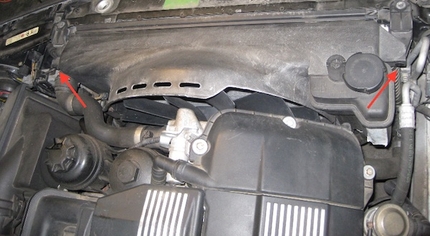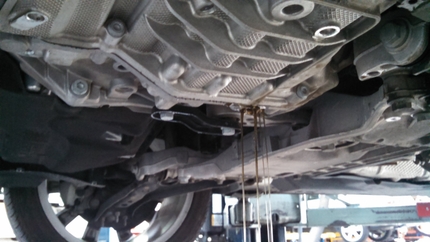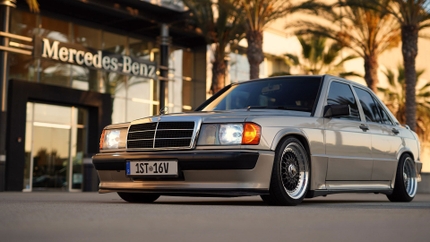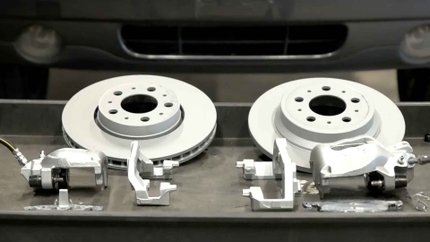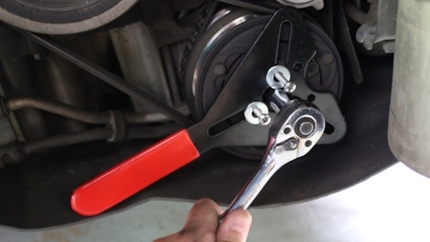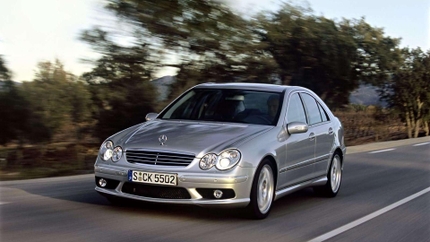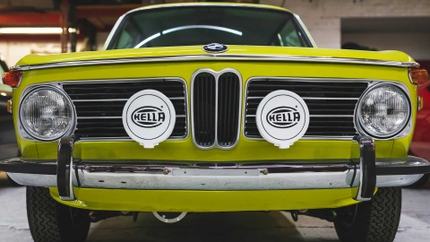- 05/28/2014
- 1 Min Read
- By: Michael Rivera
What to Look Out for When Buying a Car & When to Say "No"
I often find myself wondering what brings people to purchase a certain vehicle, besides the obvious everyday factors (space, fuel economy, drive, handling etc.) Do buyers consider what repairs or maintenance certain engines, cars, and suspension set-ups are known for being plagued with?
Do buyers care?
I bring this up as time and again I notice the same usual suspects seem to pop up while discussing scenarios and providing maintenance advice to customers. This begs the question “If these problems are so common and obviously overlooked/not addressed by the manufacturer in a TSB or recall, does a used car buyer factor them into the decision while they are used car shopping?” Now I know this may be a stupid question, as having an automotive background I know what to look for. For example, I know absolutely nothing about appliances and still do research before shopping, so I have to assume most people do the same when it comes to cars.
Does knowing you will likely have to deal with a certain problem within the ownership of a used car weigh in on whether you make that particular purchase or not? Or does the average used car buyer not know what to expect from a particular chassis, and would you have reconsidered had you have known you would run into a certain problem?
Before providing any example, I want you to know that I’m not calling out any particular manufacturer or car maker for any particular fault or defect, but am simply pointing out a few frequent instances I have seen the same faults arise.
Audi
I notice on several early Audi/Passat B5 chassis 1.8T motors that it is almost expected you will likely have to replace a head gasket set, valves, and head bolts at least once in the car's life. From several situations I have seen this repair is usually expected around 120k – 200k miles. Having seen many friends and customers with very well-maintained versions of this chassis I can honestly say I find it a bit awkward to have to expect this kind of repair. Now I cannot pinpoint a single fault that leads to this repair or issue that I have seen often enough to justify it. This failure just seems imminent after a certain amount of miles in the car's life, making things a bit weirder (at least to me). Personally I wouldn't consider this job as being preventative maintenance and any readers who have done this particular job know how tedious it can be, or costly if you have been the one flipping the bill.
BMW
Does knowing you will likely have to replace an electric water pump on a later model 6 cylinder BMW (E81,E90,E60, E70) at around 100k make you look for a later mileage car, or find history on that car to see if it has been done? Or does the average bill of this repair ($1,100+) factor in on whether you keep looking or not?
Base model is sometimes the best model
I buy cars differently. I feel a car intended for the daily commute and everyday use should be one thing above all - reliable. Not to say the aforementioned are not, as I have also owned a later BMW E90 which ran into the same water pump failure knowing it would need this done when I purchased it. What I didn’t know is that is needed to be done conveniently during the week of hurricane Sandy, forcing me to have the car brought to the dealer to have the repair done, 1200 bones later.
My most recent car is a 2010 Honda Civic base model powered by Honda’s standard 1.8 liter engine which is the platform all 8th generation model Civics came with. Now all in all, I do not like this car. I can pick apart all the weird things I cannot explain this car came with, from the forward dash cluster, to the drum brakes, to the overall design of the car. (It's 2014, I don't understand how cars still come with drum brakes) But this car, as most Civics are, is incredibly reliable. Having owned a version of this car in pretty much every trim from the late 80’s until now, I can honestly say that they are one of the most durable vehicles I have seen. The fact that they are reliable, and only that fact to be honest, was the reason I purchased one. I recall while at the dealership I was offered a ridiculously long warranty, far exceeding the date I would have made my final payment on this car. This was very reassuring, not that I can’t handle anything that were to go wrong with this car anyway.
What's an acceptable maintenance bill?
I’m curious to hear from our readers, what do you consider an acceptable maintenance bill for a car after you make the purchase? Does your want for a particular car outweigh what you may know you'll have to deal with later? Or, are the car's more appealing attributes and necessities more important when making your decision? Tell me your side of the story in the comments below.


